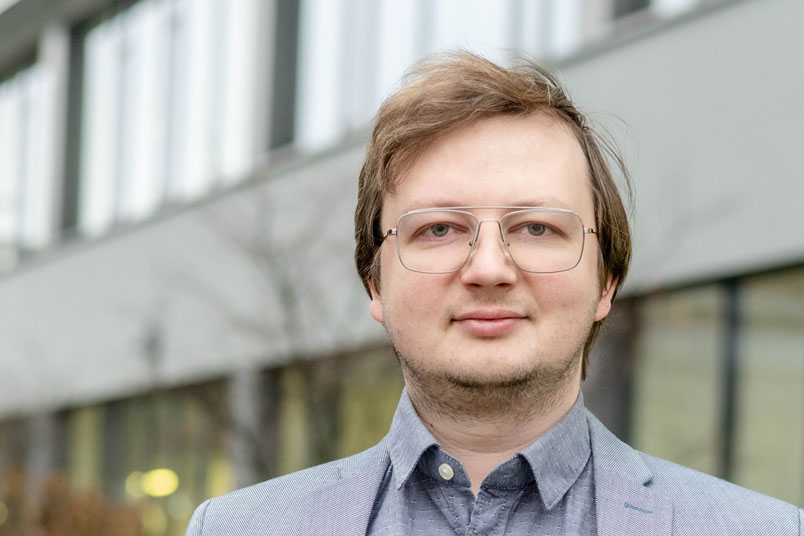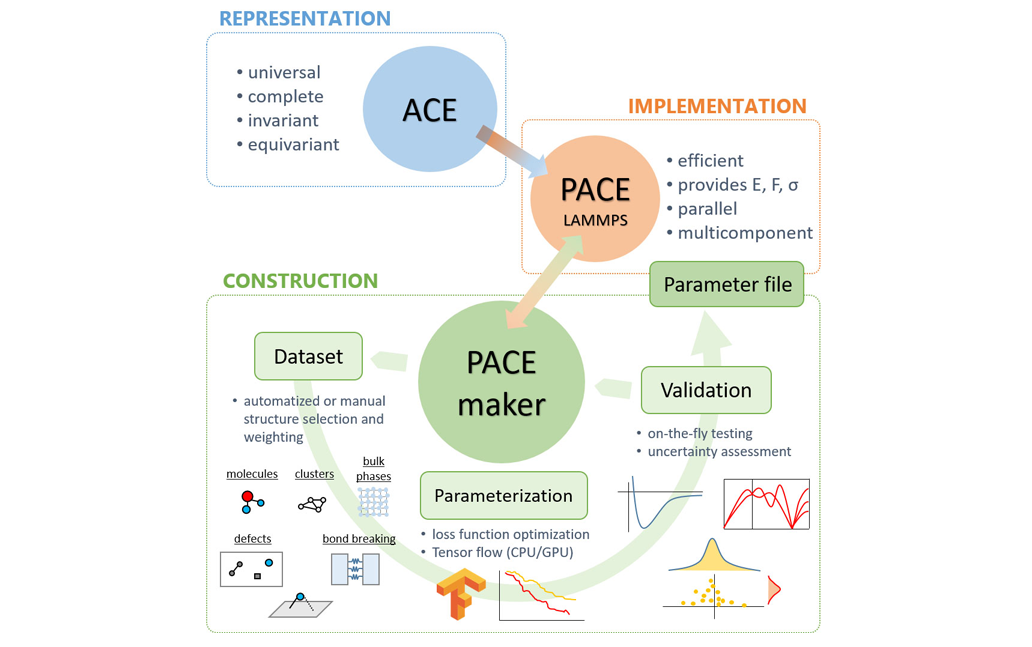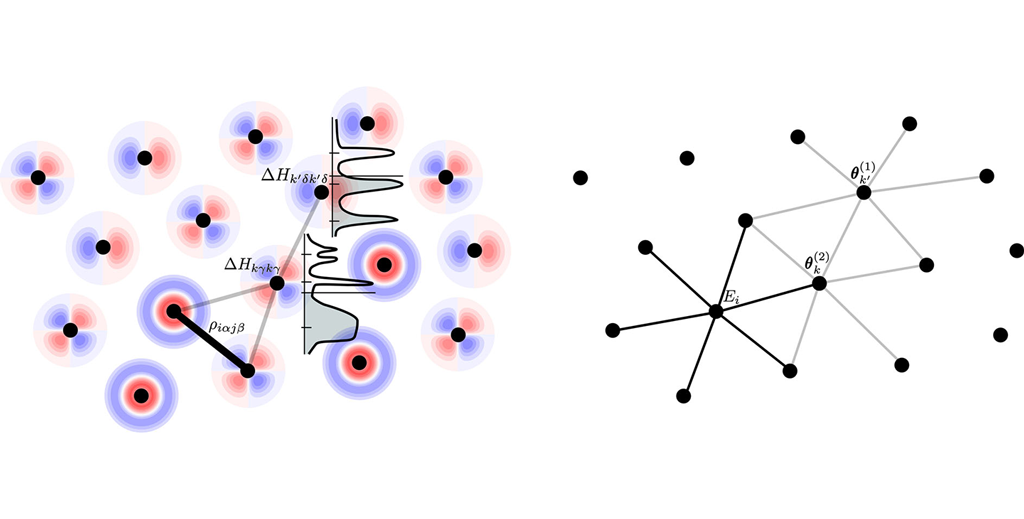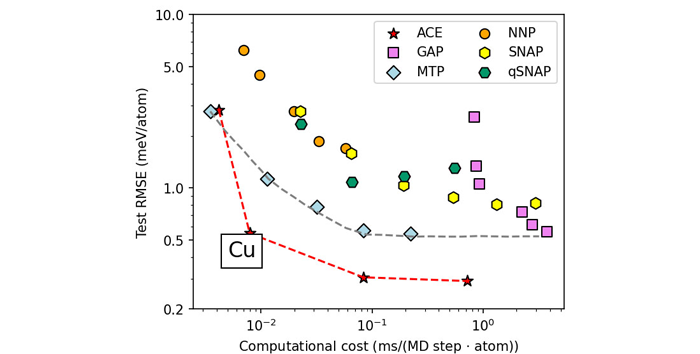Just another WordPress site - Ruhr-Universität Bochum
Department Atomistic Modelling and Simulation
Research Group
Research Group
Data-Driven Methods for Atomistic Simulations
 RUB, Marquard
RUB, MarquardResearch Group Leader
Room: 02-719
Tel.: +49 234 32 29300
E-Mail: yury.lysogorskiy@icams.rub.de
Research
Our research covers the full cycle of ACE model parameterization and validation. This comprises extensions to the formalism, implementation in high-performance simulation codes, such as LAMMPS, parameterization of ACE using non-linear optimization with TensorFlow, uncertainty indication and active learning for selecting representative data. It also includes deploying high-throughput calculations for computing reference DFT energies and forces and workflows for validating interatomic potentials for accuracy and transferability.

Block scheme of the main pacemaker workflow.
ICAMS, RUB
Competences
- Atomic Cluster Expansion (ACE): method development, parameterization and validation
- High-throughput calculations (DFT and molecular dynamics)
- Data-driven methods in materials science: machine learning, generative models


